Curfews, Lockdowns Rain Down On Europe Amid Record Covid Cases
France extended its anti-Covid curfew to cover two-thirds of the population and Ireland locked down again on Thursday as governments warned of a dire situation in Europe where countries are registering record cases.
Most European governments have been reluctant to reimpose national stay-at-home orders after previous restrictions led to deep recessions and widespread bitterness.
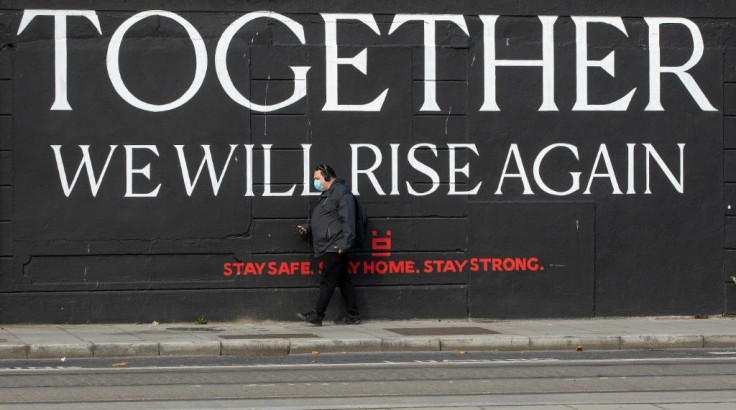
But Ireland became the first country on the continent to re-impose a full-on lockdown on Thursday, with its five-million-strong weary population ordered to stay home for six weeks, and non-essential businesses told to shut up shop.
"The infection rates, hospital occupancy rates but also death rates are rising all over Europe," warned Andrea Ammon, head of the European Centre for Disease Prevention and Control, in an interview with the BBC.
In Dublin, resident Jo Finn told AFP a lot of friends were struggling with mental health issues.
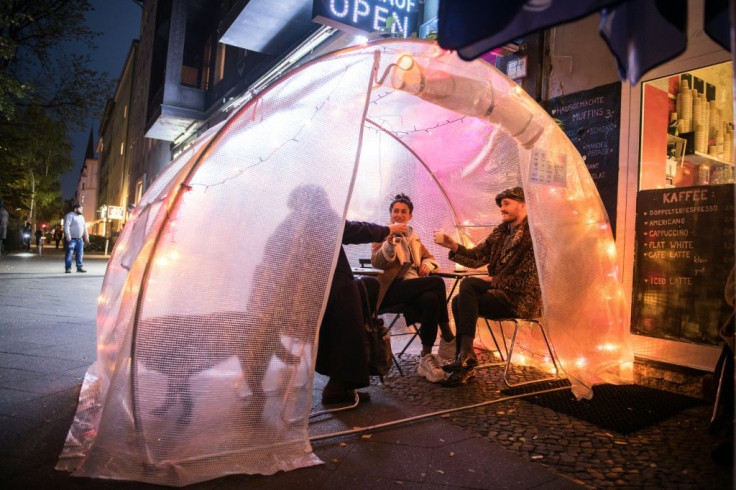
"Because of this second lockdown we can't socialise, we can't meet up," Finn said during a muted morning rush hour.
In France, meanwhile, a nighttime curfew that had already been in place in Paris and eight other cities was extended to wide swathes of the country, more than doubling the number of people affected to 46 million.
"The health situation of our country continues to deteriorate," Prime Minister Jean Castex warned as France registered a record 41,622 new cases over 24 hours on Thursday, and 165 deaths.
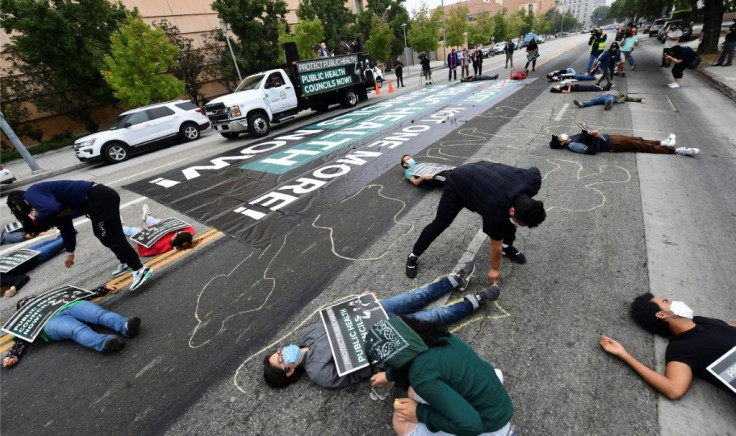
Germany, Denmark, Portugal and Italy all registered their highest one-day tallies since the pandemic began, and a slew of other European countries are voicing alarm at rapidly rising infections.
Lothar Wieler, head of the Robert Koch Institute disease control centre, said "the overall situation has become very serious".
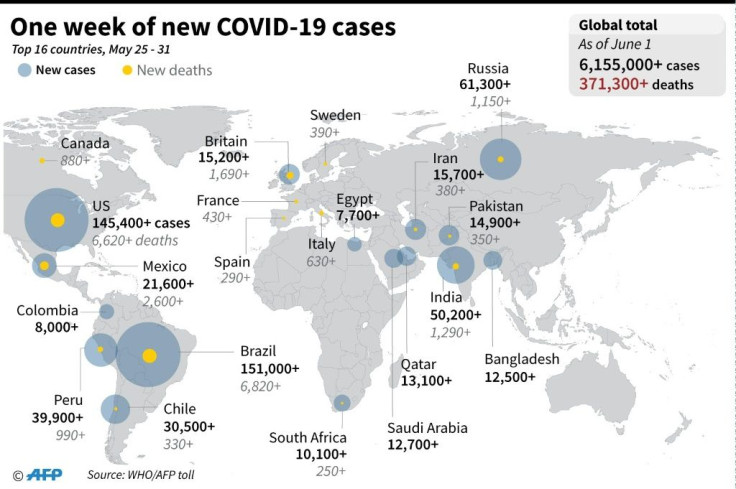
German health experts said it was still possible to combat the outbreak by observing recently-toughened rules on distancing and gatherings.
For its part, Italy ordered curfews in regions that cover the capital Rome and business hub Milan.
And Portugal has banned people from travelling between cities for five days starting October 30, which includes a bank holiday.
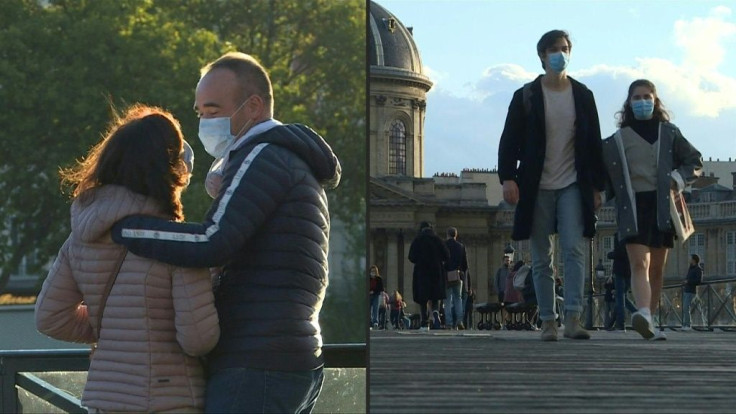
Greece meanwhile declared a night curfew in Athens, Thessaloniki in the north and other areas.
As Europe suffers, China -- where the virus first emerged at the end of last year -- continues to make strides back to normality, announcing it would allow 10,000 fans to watch the final of its Super League football competition.
The virus has killed more than 1.1 million people and prompted a catastrophic economic downturn, with the International Monetary Fund predicting a 4.4 percent drop in global output for 2020.
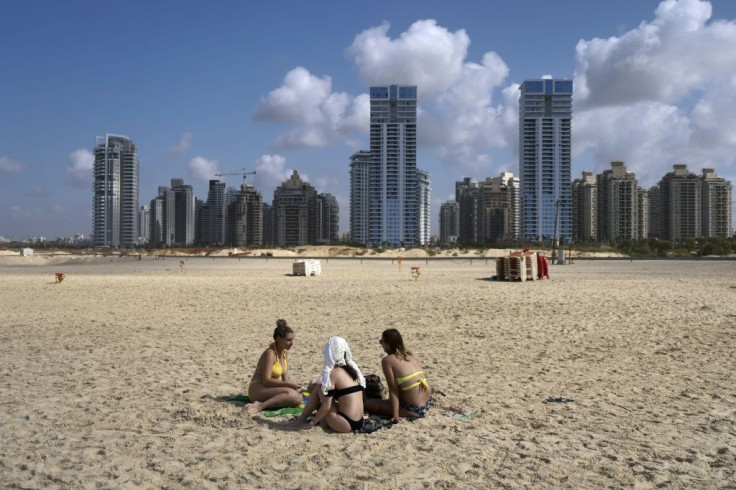
Politicians meanwhile continued to be hit by the virus.
Germany's Health Minister Jens Spahn -- widely praised for his calm stewardship during the pandemic -- tested positive and went into home isolation.
In Belgium, which has one of the worst rates of infections per person, Foreign Minister and former prime minister Sophie Wilmes is being treated in intensive care after testing positive.
"She is conscious and she can communicate," her spokeswoman said.
As stories of individual suffering emerge from the latest upsurge of cases in Europe, grim statistics are also stacking up -- Spain becoming the sixth country to have registered more than one million infections.
Elsewhere in Europe, Swiss officials voiced alarm as infection rates there are now doubling every week, while Croatia's government blamed "irresponsible behaviour" for another record day of new cases.
Cyprus joined a growing list of countries imposing curfews in its main cities, with Poland also promising to expand its restrictions.
As virus measures have torn through entire economic sectors -- particularly travel and retail -- millions have lost their jobs and many businesses have gone to the wall.
Even Europe's economic powerhouse Germany has been plunged into recession, and a study published on Thursday suggested the situation could get even worse, predicting more than one million jobs could be lost in small and medium-sized enterprises.
In Wales, which is due to go into lockdown on Friday, the devolved government has decided to nationalise its railways due to tumbling passenger numbers during the pandemic.
The scramble to develop a vaccine also failed to lift the gloom on Thursday, with a leading public health expert warning that none of the trials would prove whether a product could prevent people contracting Covid-19.
Peter Doshi of the University of Maryland School of Pharmacy also warned that no trials were evaluating the drugs for their efficacy in vulnerable groups such as older people.
In a sobering essay in the BMJ medical journal, he said those hoping for a breakthrough to end the pandemic would be disappointed, with some vaccines likely to reduce the risk of Covid-19 infection by only 30 percent.
© Copyright AFP 2024. All rights reserved.





















